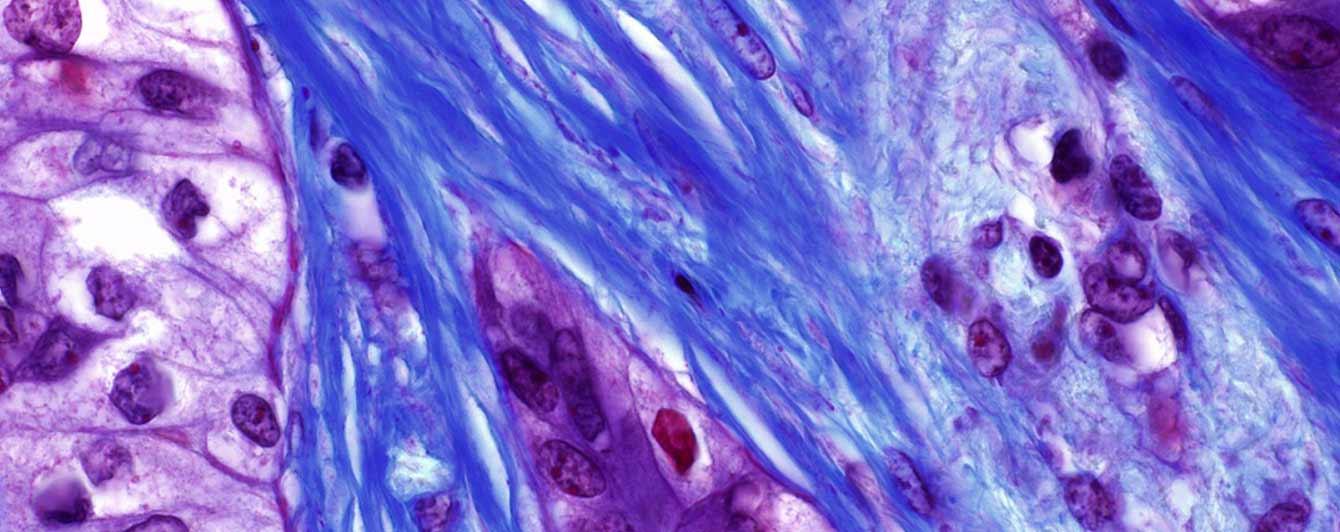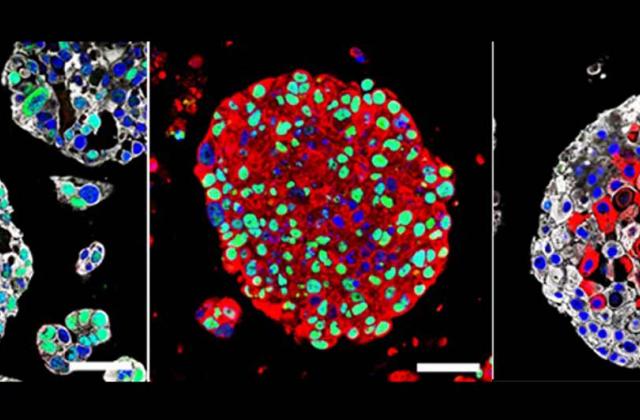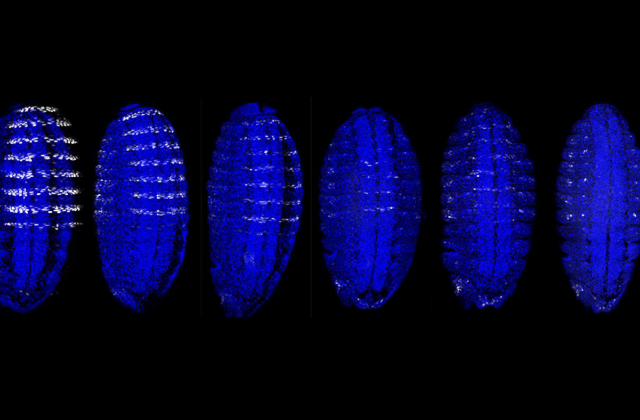Will looking beyond genes to proteins help us find new drug targets?

Two new tests created by Columbia researchers look beyond cancer genes to identify potential new targets for treatment. Andrea Califano, chair of systems biology at Columbia's Vagelos College of Physicians and Surgeons, developed the tests DarwinOncoTreat and DarwinOncoTarget in partnership with DarwinHealth, a Manhattan-based biotech firm co-founded by Califano.
Thanks to recent advances in genomic sequencing, many cancer tumors are analyzed for mutated genes, called “actionable mutations,” that can be treated using existing drugs. Yet most patients lack actionable mutations, and even for those who have them, drug resistance can rapidly develop.
To expand potential targets and treatment options, Califano and his team looked to the activities of otherwise normal proteins and molecular pathways that contribute to the cancer cells’ malignancy. Along with Mariano Alvarez, DarwinHealth’s Chief Scientific Officer, they developed algorithms that can uncover the hidden networks of proteins that work together to control abnormal cell activity in an individual patient’s tumor.
Both tests use these algorithms to focus on proteins. DarwinOncoTarget identifies all proteins in an individual’s tumor that are acting abnormally and for which a drug already exists. DarwinOncoTreat focuses on the entire complement of proteins responsible for launching and maintaining a specific tumor to predict the drugs that will best disrupt these proteins.
We are very pleased to be the first institution to provide access to these tests,” says Kevin Roth, chair of pathology and cell biology. “Making these tests available to cancer researchers and oncologists around the country will give the cancer community new tools to help align cancer treatment to the unique characteristics of a patient’s tumor.” Learn more.
Make Your Commitment Today




